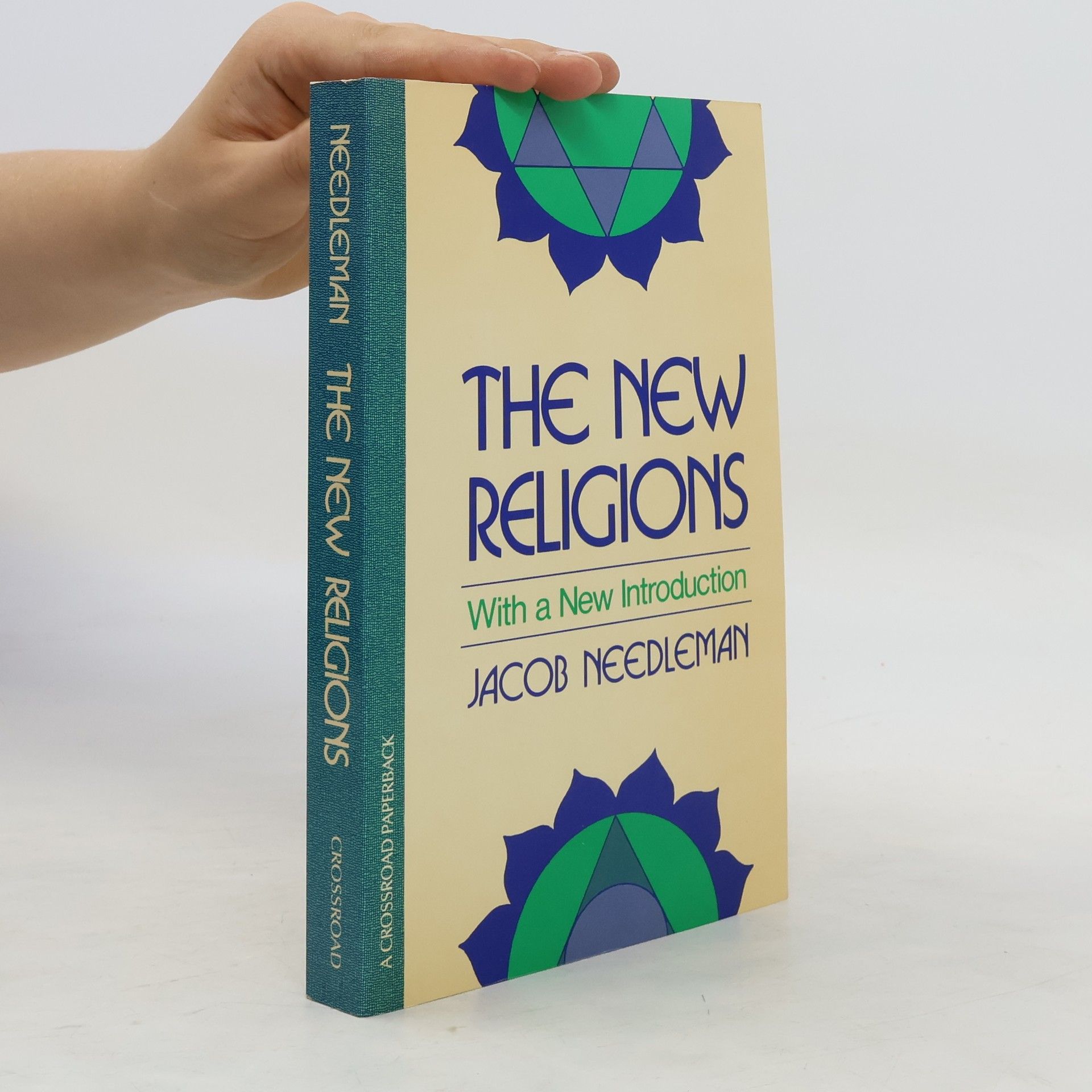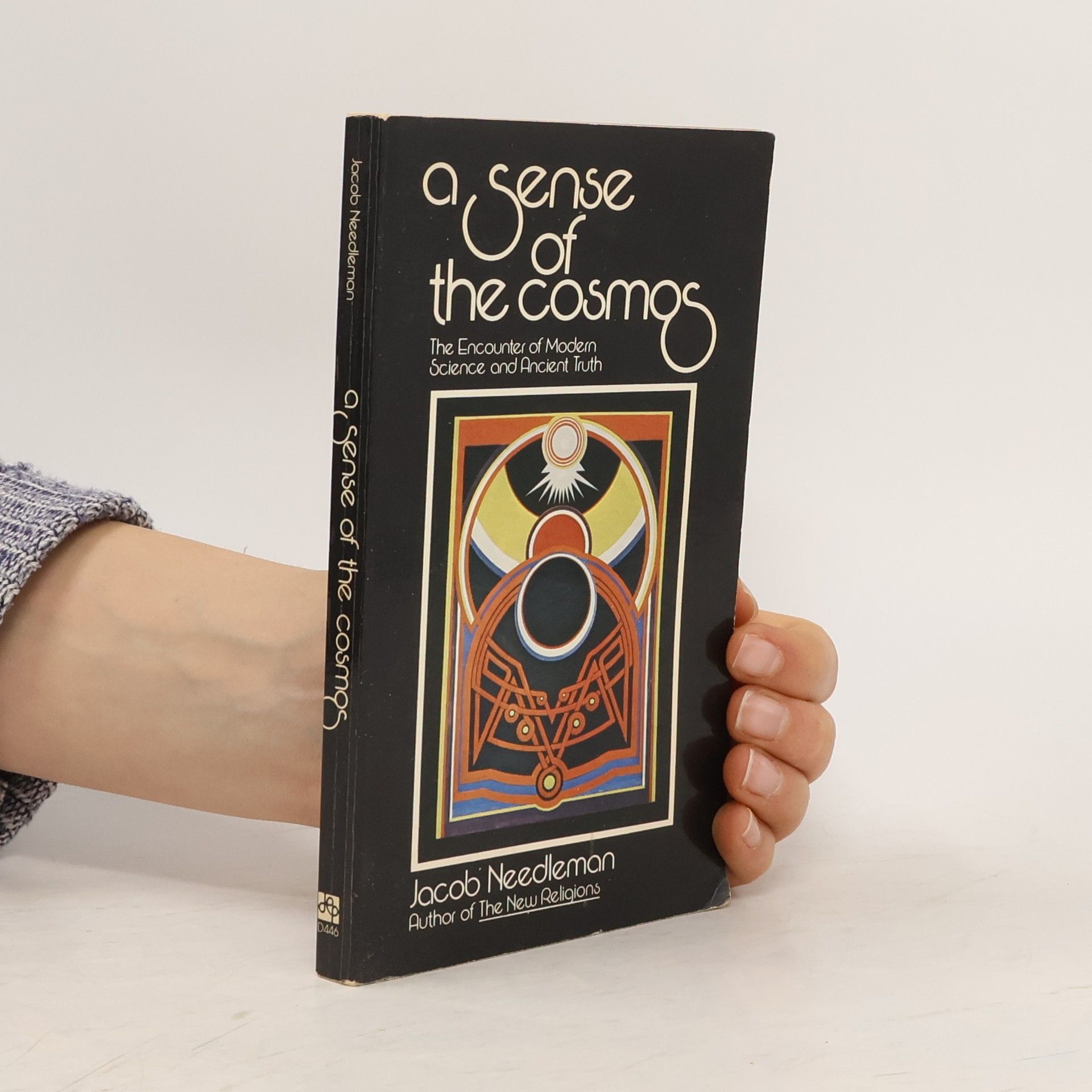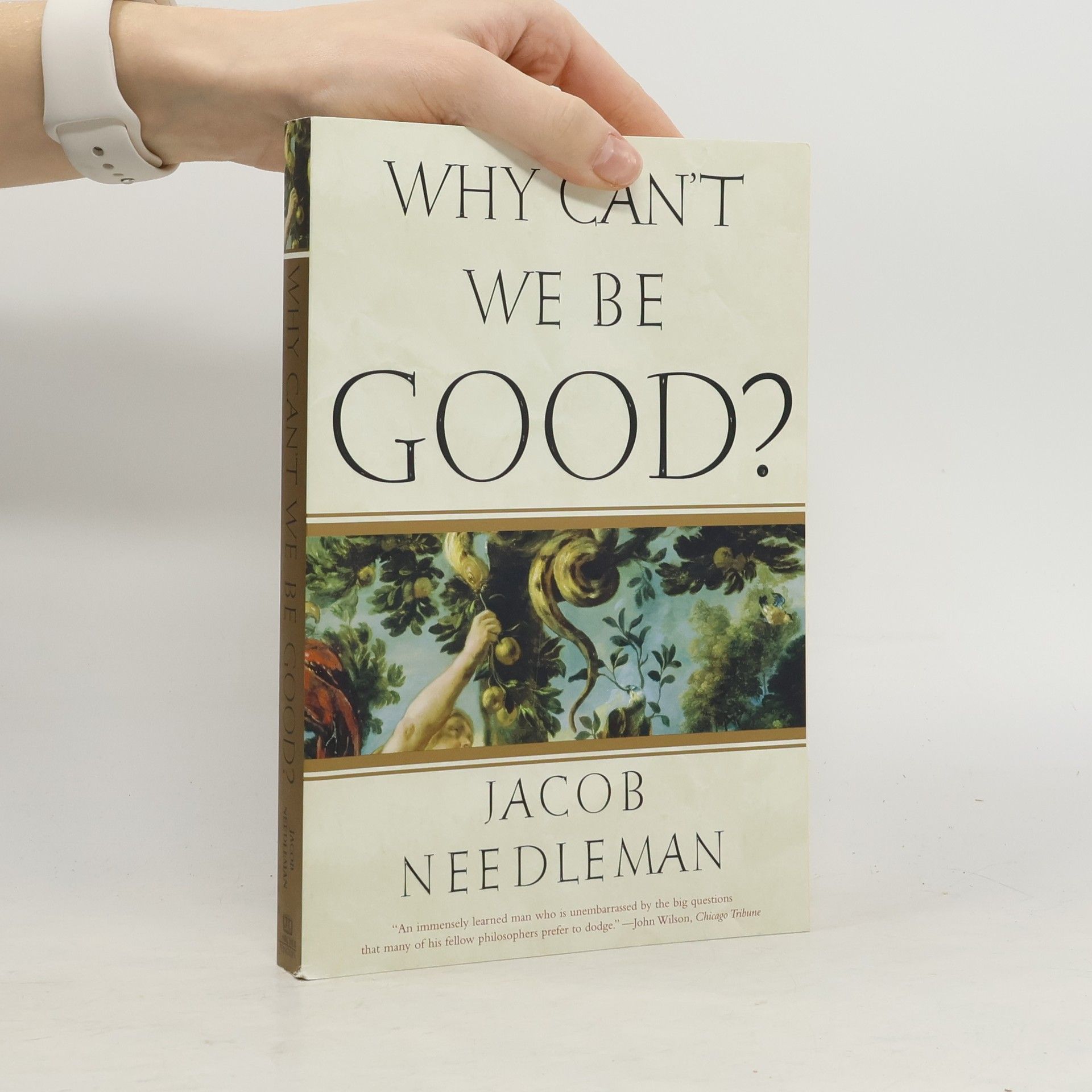Jacob Needleman has initiated a significant shift in the discourse surrounding science and religion, prompting a more mature exploration of consciousness transformation. This work serves as a crucial stop for those delving into these themes, encouraging thoughtful reflection and potential reevaluation of their paths. Esteemed voices like Theodore Roszak and Fritjof Capra endorse the book, highlighting its relevance to our cultural landscape. Needleman posits that Western science has long operated under the misconception that understanding the universe can occur independently of self-understanding. He emphasizes the importance of connecting the laws of nature with our inner nature, warning against superficial approaches to spirituality. His focus is not on the convergence of science and spirituality but rather on their separation, asserting that true unity arises from recognizing and understanding real divisions. This awareness can foster the harmony that humanity has struggled to achieve. Needleman, a philosophy professor at San Francisco State University, has authored numerous works and contributes to various fields, including psychology and ethics. His insights have also been showcased on Bill Moyers's PBS series, A World of Ideas.
Jacob Needleman Livres
Le philosophe Jacob Needleman explore les questions profondes de l'existence humaine et la quête de sens. Ses écrits examinent la relation complexe entre les traditions spirituelles et la vie moderne, soulignant la nécessité de transformation intérieure et de connaissance de soi. Reconnus pour leur clarté, les textes de Needleman font habilement le pont entre la sagesse ancienne et les défis contemporains, offrant aux lecteurs un chemin vers une compréhension plus profonde d'eux-mêmes et du monde.

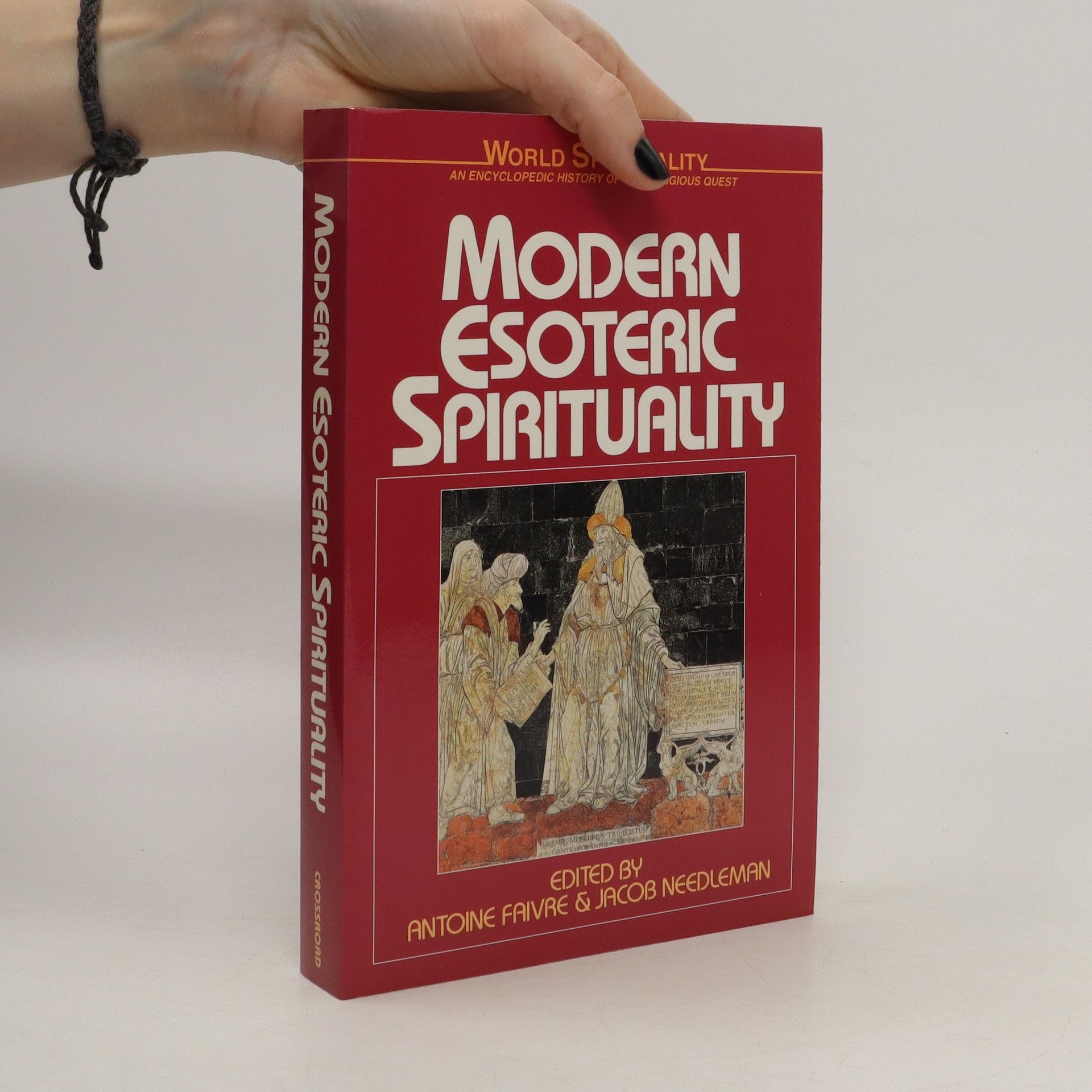
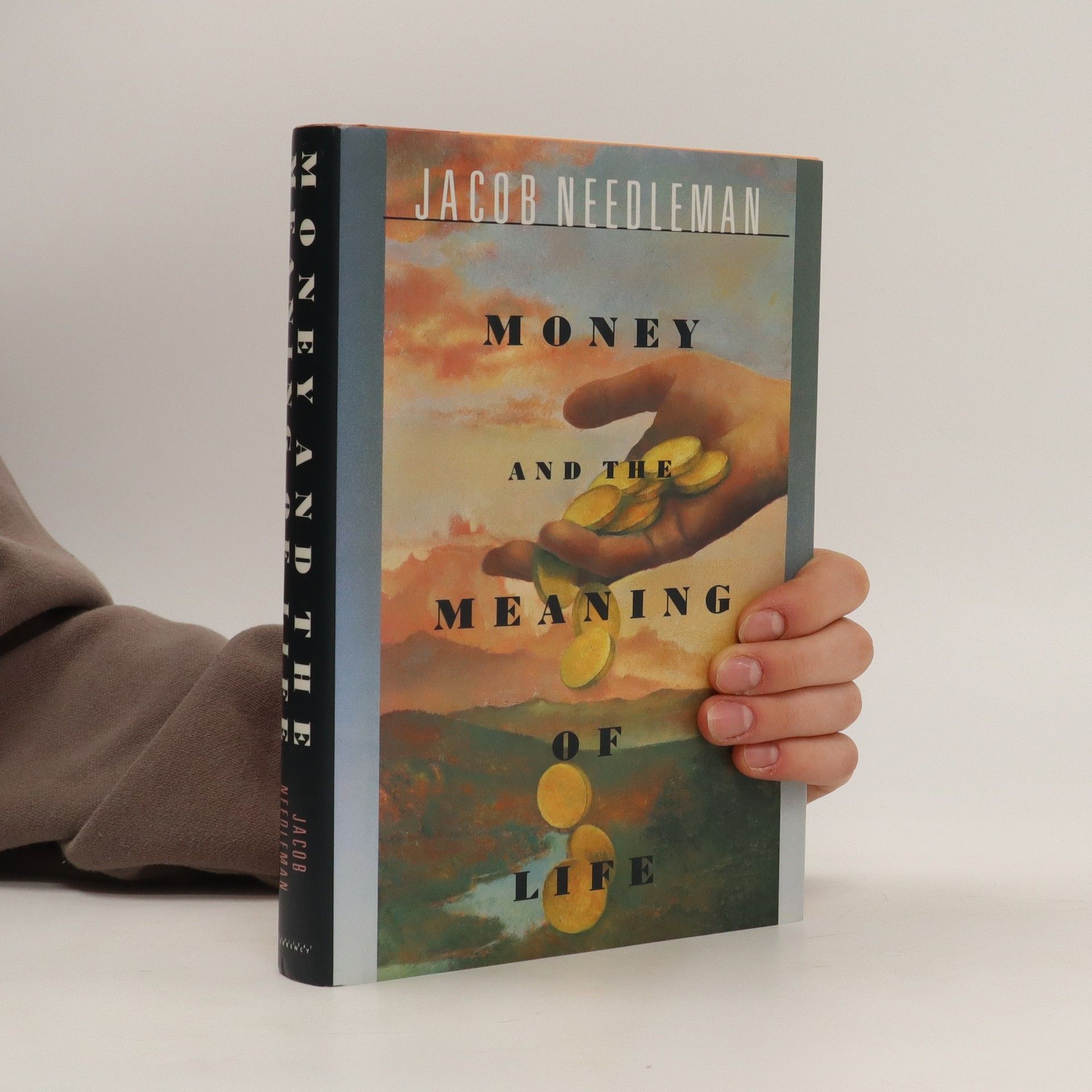
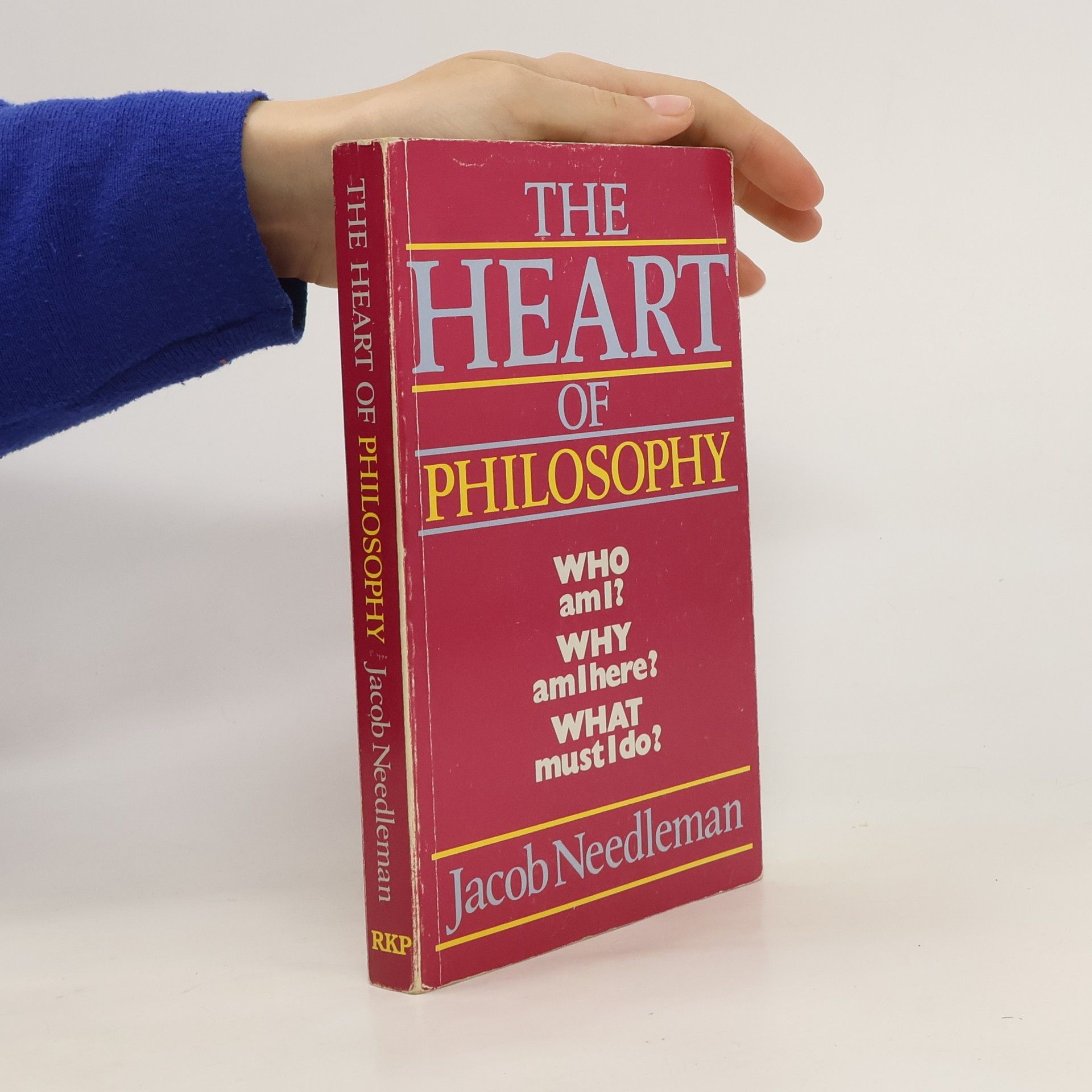
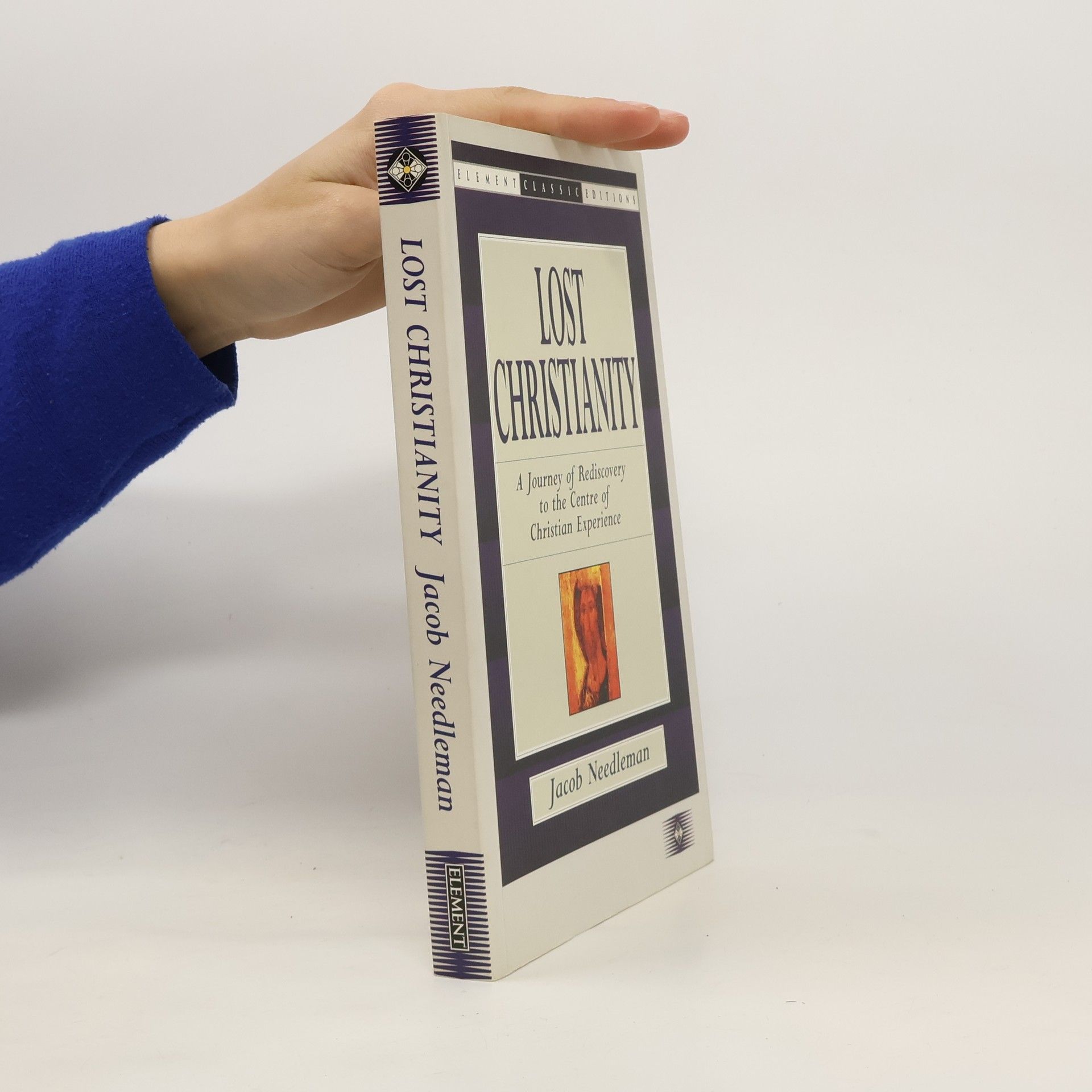
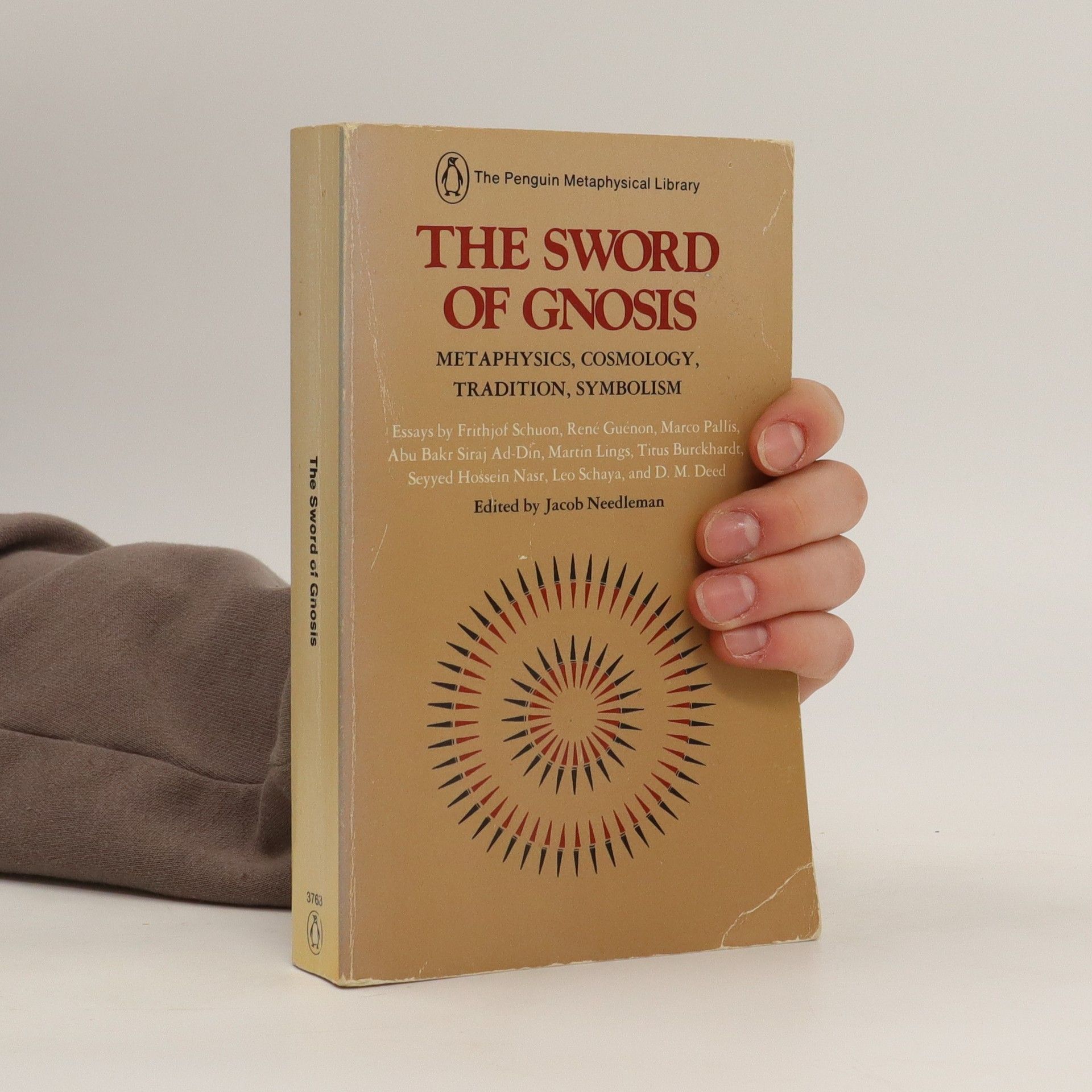

The Sword of Metaphysics, Cosmology, Tradition, Symbolism (The Penguin metaphysical library) [May 30, 1974] Needleman, Jacob
Lost Christianity
- 240pages
- 9 heures de lecture
Renowned scholar of comparative religion Jacob Needleman gathers together ancient texts and writings of the modern practitioners of essential Christianity. Needleman demonstrates that a more effective contemplative tradition existed in the early church and continues today in the lives of extraordinary people whose stories he retells in the course of his own personal explorations into the realms of the spirit. 2 cassettes.
Philosophy as it is frequently taught in classrooms bears little relation to the impassioned and immensely practical search for self-knowledge conducted by not only its ancient avatars but also by men and woman who seek after truth today. In The Heart of the Philosophy, Jacob Needleman provides a "user's guide" for those who would take philosophy seriously enough to understand its life-transforming qualities.
Money and the meaning of life
- 321pages
- 12 heures de lecture
If we understood the true role of money in our lives, writes philosopher Jacob Needleman, we would not think simply in terms of spending it or saving it. Money exerts a deep emotional influence on who we are and what we tell ourselves we can never have. Our long unwillingness to understand the emotional and spiritual effects of money on us is at the heart of why we have come to know the price of everything, and the value of nothing. Money has everything to do with the pursuit of an idealistic life, while at the same time, it is at the root of our daily frustrations. On a social level, money has a profound impact on the price of progress. Needleman shows how money slowly began to haunt us, from the invention of coins in Biblical times (when money was created to rescue the community good, not for self gain), through its hypnotic appeal in our money-obsessed era. This is a remarkable book that combines myth and psychology, the poetry of the Sufis and the wisdom of King Solomon, along with Jacob Needleman's searching of his own soul and his culture to explain how money can become a unique means of self-knowledge. As part of the Currency paperback line, it includes a "User's Guide" an introduction and discussion guide created for the paperback by the author -- to help readers make practical use of the book's ideas.
Modern esoteric spirituality
- 150pages
- 6 heures de lecture
"An excellent overview of spiritual movements throughout the last few centuries . . . a superb panorama" (The Book Reader), this book covers esoterica from its ancient beginnings through the alchemists to Gurdijeff and Jung.
New Religions - With a New Introduction
- 297pages
- 11 heures de lecture
Now restored to print, here is philosopher Jacob Needleman's groundbreaking study of America's alternative spiritual movements, with a new introduction by the author. Originally published in 1970, The New Religions was the first full-scale study of alternative spirituality in America. It remains unparalleled for the intellectual depth and seriousness with which it regards Eastern, New Age, and alternative faiths on the American landscape.
Why Can't We Be Good?
- 304pages
- 11 heures de lecture
The widely respected social philosopher embarks on his most gripping and broadly appealing work, asking the ultimate question of human nature: Why do we repeatedly violate our most deeply held values and beliefs? After nearly forty years of weighing humanity's deepest dilemmas-working in settings ranging from university and high school classrooms to corporate offices and hospitals-bestselling author, philosopher, and religious scholar Jacob Needleman presents the most urgent, deeply felt, and widely accessible work of his career. In Why Can't We Be Good? Needleman identifies the core problem that therapists and social philosophers fail to see. He depicts the individual human as a being who knows what is good, yet who remains mysteriously helpless to innerly adopt the ethical, moral, and religious ideas that are bequeathed to him.
Malá knížka o lásce
- 166pages
- 6 heures de lecture
Kdo z nás nebyl nikdy pokořen láskou, jejími radostmi a strastmi? Kolik z nás se znovu a znovu snaží uchopit to, co se láska zdá slibovat, jen abychom byli znovu vrženi zpět ke strachu, zmatku či bolesti? A kolik z nás se vzdává a smutně se smiřuje s životem mimo dramata lásky? Ať už je smysl našich životů jakýkoli, musí zahrnovat lásku. Ale jaký druh lásky? Z dostupného množství knih o lásce se jen málokterá čerpá nikoli z pouček moderní psychologie, nýbrž z významných filosofických učení světových duchovních tradic.
